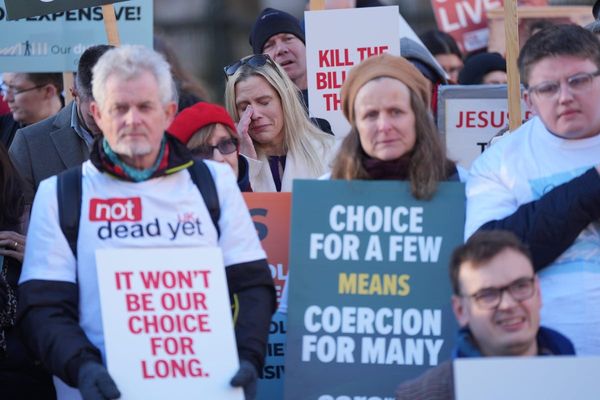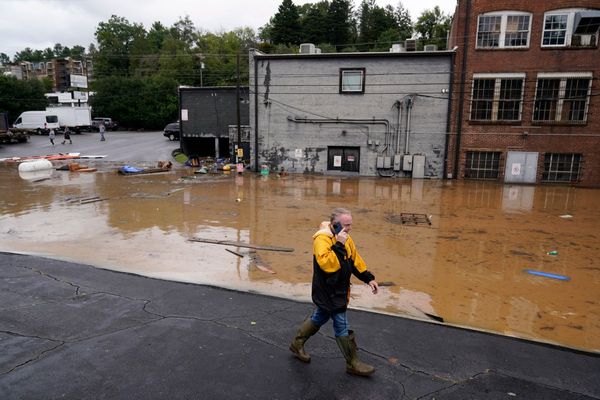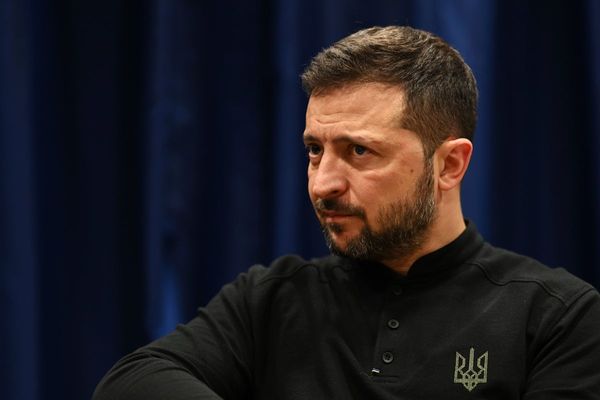
Former Director of National Intelligence, a key figure in national security, discussed the delicate balance between retaliating against Iran and avoiding further escalation in the ongoing tensions. The question of how to strike back forcefully without widening the scope of the conflict remains a crucial challenge.
While the objective is to inflict enough pain on Iran to compel them to rein in their proxies, it may not be possible to achieve this without widening the war. According to the former director, the proxies are expendable to Iran, indicating that strikes against them are likely. However, if the intention is to curb Iranian behavior, actions aimed directly at Iran itself may be necessary.
The former director highlighted non-kinetic options such as cyber tools or covert actions as potential strategies. Additionally, considering the possibility of imposing or reimposing sanctions on Iran could serve as a means to induce a change in their behavior. It is essential to recognize that military action alone cannot solve the issue.
Looking at the bigger picture, the former director pointed out that the root cause of Iranian aggression and proxy involvement lies in the ongoing conflict in Gaza. To put an end to this cycle, a political solution in the Middle East is crucial. This could potentially involve a two-state solution, but given the current stance of Israeli leadership, progress in the near term seems unlikely.
Discussing the recent statement from one Iranian-backed proxy group, Kata'ib Hezbollah, claiming they will stand down from attacking US forces, the former director expressed skepticism. He mentioned that the Department of Defense had cast doubt on the validity of the statement, implying it may be more of a public relations move than a genuine commitment to deescalation.
Ultimately, it remains to be seen how the United States will navigate the complexities of the situation. As tensions persist, finding a resolution will require a delicate balancing act of targeted actions, diplomatic efforts, and a broader political solution in the Middle East. The former director's insights shed light on the multifaceted nature of the challenges at hand, emphasizing the need for a comprehensive approach to address the underlying causes of Iranian aggression.







